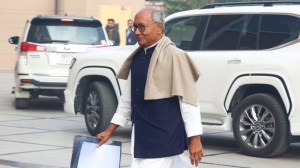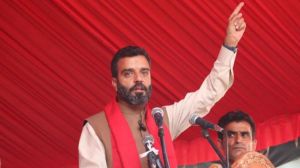A private affair
Inattention to private members bills illustrates the shrinking space for individual voices in the House
Inattention to private members bills illustrates the shrinking space for individual voices in the House
Like the flower born to blush unseen,the private members bill PMB in India lives in obscurity. According to a report in this paper,only 14 PMBs have been passed since Independence,and none since 1970. In UPA 1,328 PMBs were introduced in the Lok Sabha; 14 were discussed. The NDA government before that fared little better. Of the 343 PMBs introduced,17 were discussed. According to norm,the last two and a half hours of every Fridays sittings are to be devoted to private members business,but the Speaker may decide that other matters should take precedence. They invariably do UPA 1 spent just 53 hours in five years on private members business.
Actually,Parliament in India never seems to spend much time on any business. The UK parliament meets 130-150 days in a year; the Lok Sabha meets only 60-70 days. Add to that the time wasted in disruptions and in the press of bills waiting to be passed,PMBs stand no chance. Yet,time constraints are only part of the story. More often than not,the party high command drowns out all other voices,whether it is the insular Congress elite or a BJP leadership absorbed in factional feuds. Increasingly,therefore,PMBs are used only to flag certain issues or test the waters for controversial topics remember Congress MP Meenakshi Natarajans bill on regulating the media that the Congress quickly distanced itself from after it sparked public outrage.
Yet the strength of a democracy lies in the space it gives to its smallest constituents. With PMBs crowded out of the agenda,the individual voice is lost in Parliament. The fate of PMBs points to a pressing need for more discussion,and more inclusive discussion,where parties allow members who are not ministers or office-bearers to have a say.
- 01
- 02
- 03
- 04
- 05































